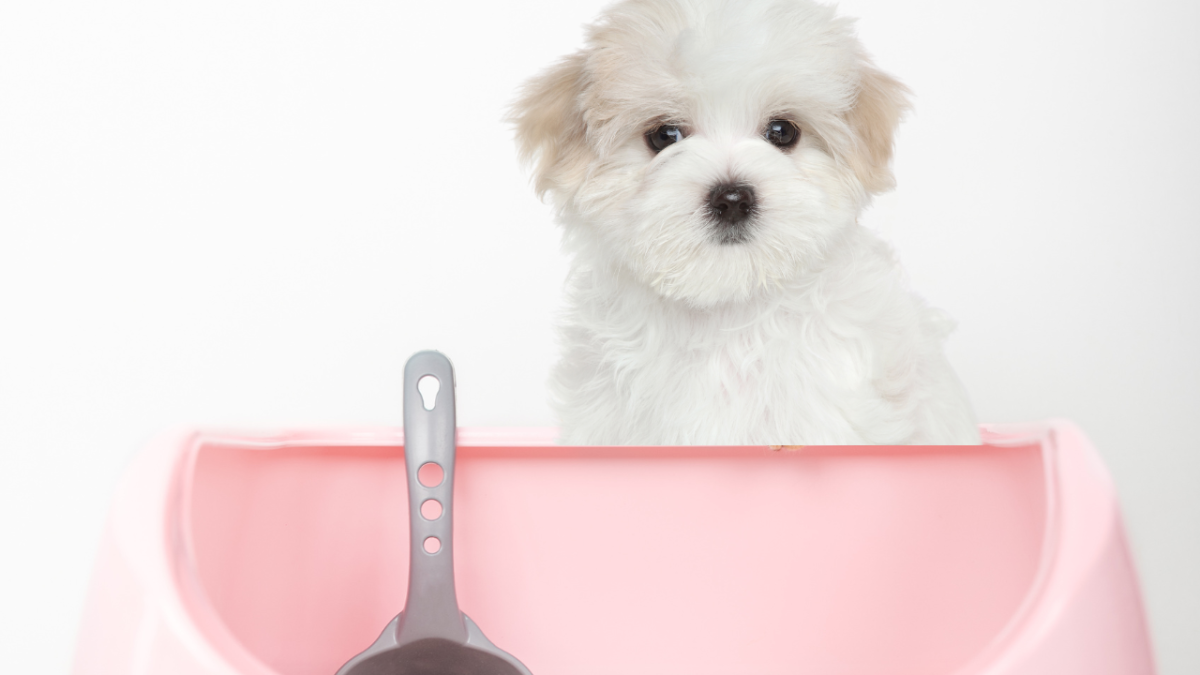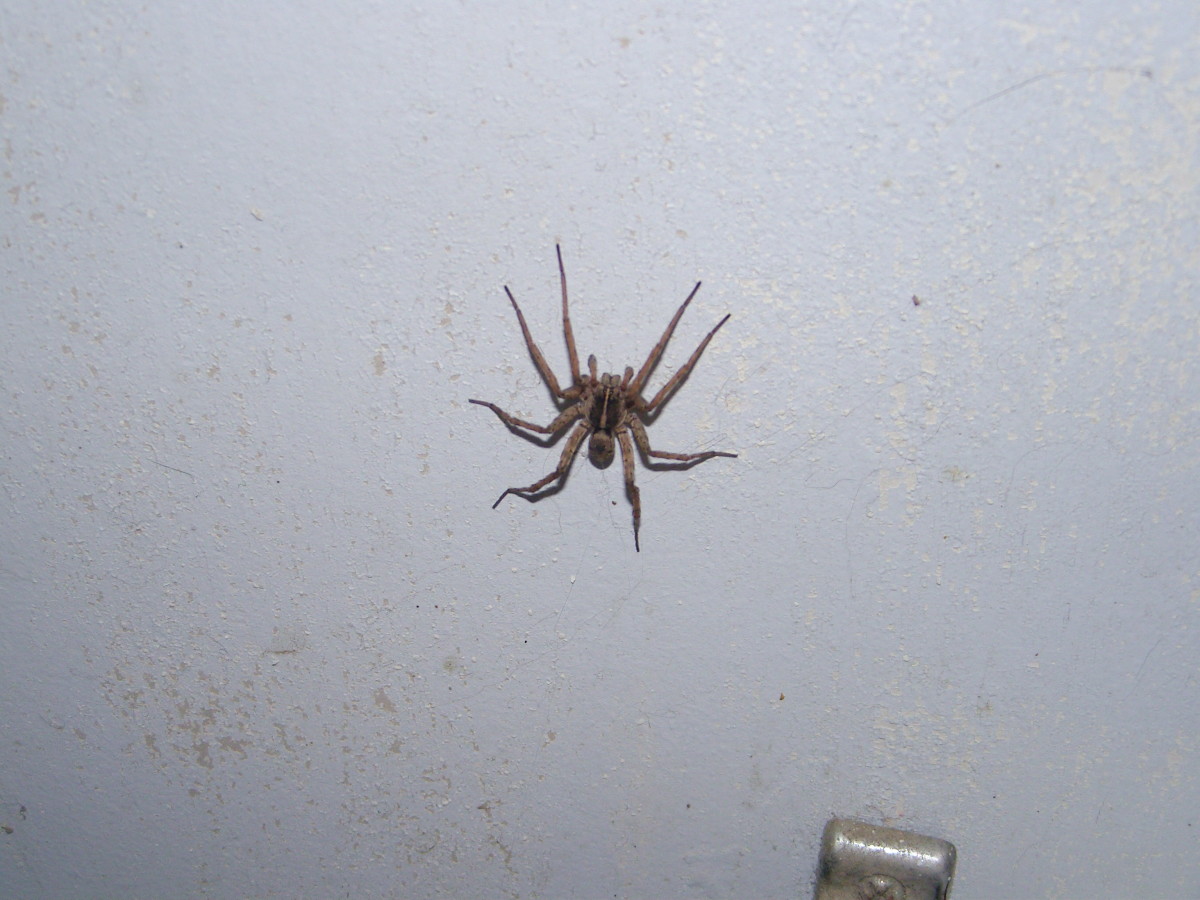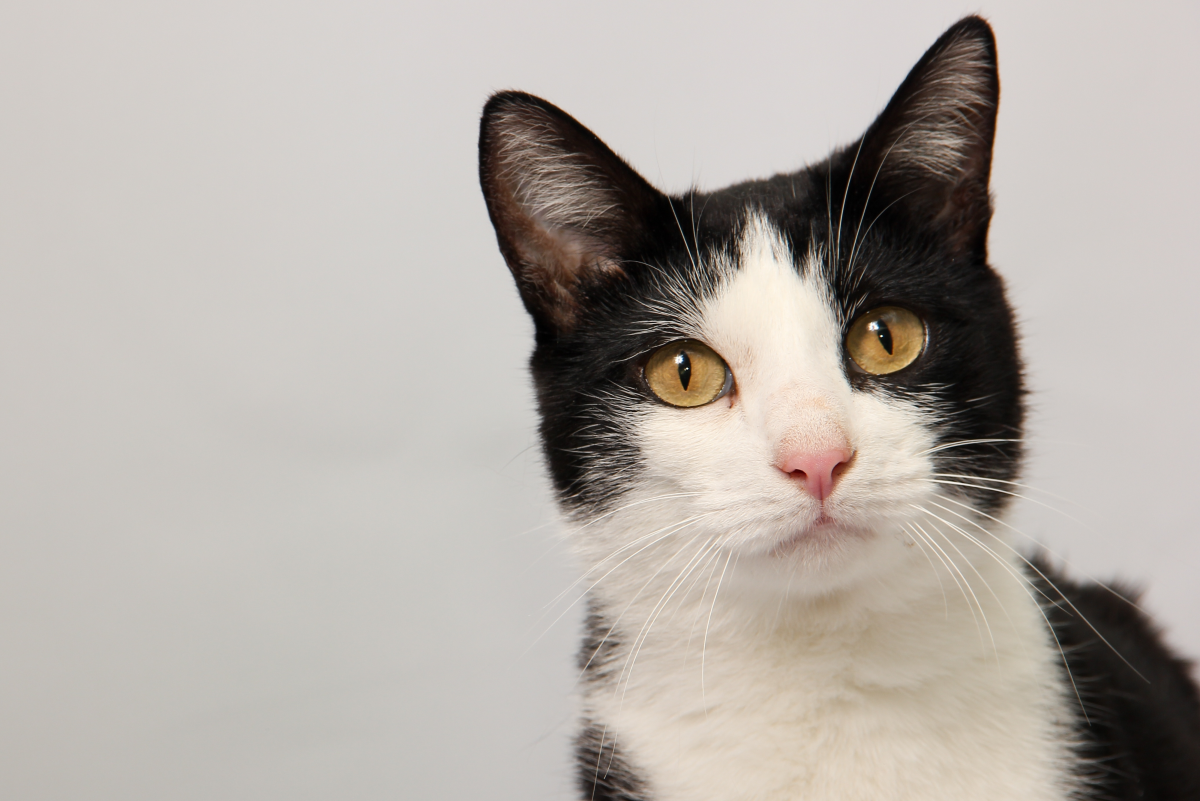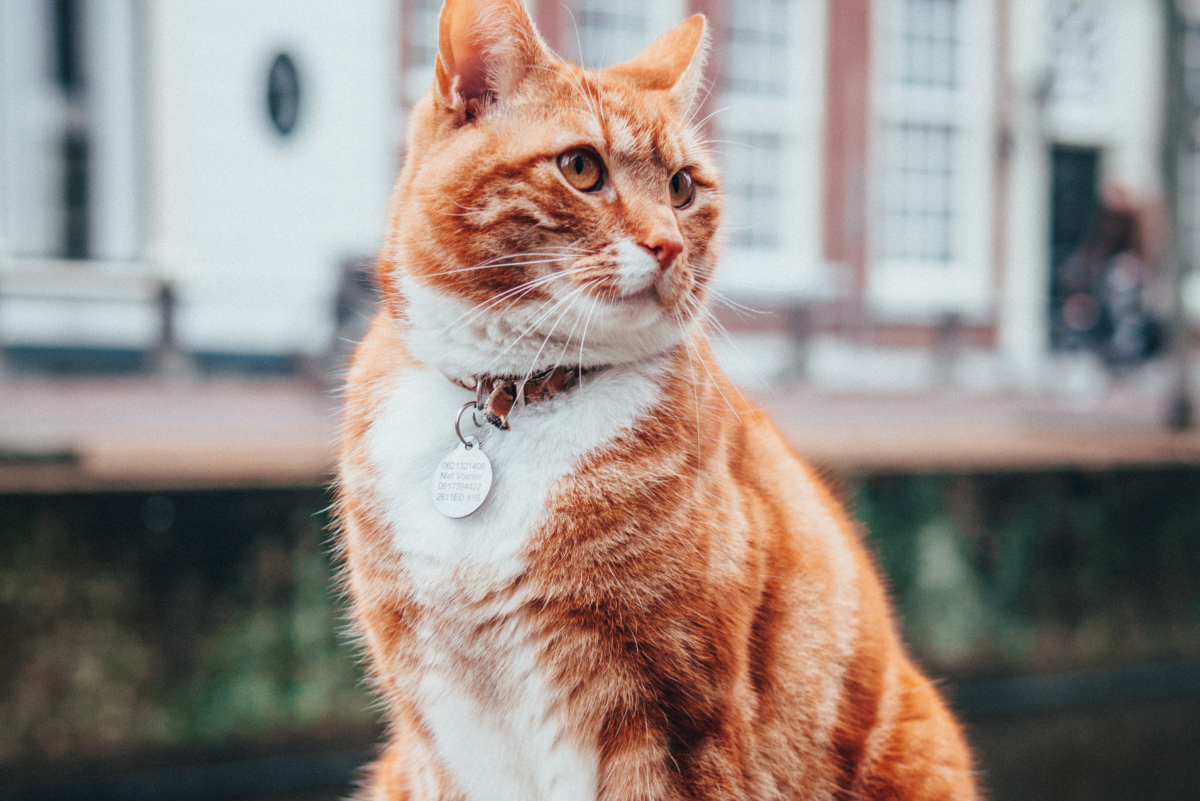How to train kitten to use litter box
How to get your new kitty toilet trained
I must admit I was pretty much blessed with kittens that were very well litter trained, while on the contrary, I have had some friends that were desperately dealing with kittens that had no clue what litter boxes were for. I do not think these kittens lacked IQ but one must think what goes on in these little kitten's minds. I guess litter box training for kittens is an equal process as potty training for children, some pick it up sooner some pick it up later. Eventually, everyone will learn. Following are some tips that may aid your kitten in the process.
1)What age is your kitten?
First of all, if kitty is very young, you must keep this in mind as most breeders allow kittens to go home only once they are 10 to 12 weeks. The reason behind this is because at this age kittens have been able to be well socialized and have learned from their mother many aspects of life and litter training is among them.
When taken early away then you must substitute mother cat and help kitty learn. As mentioned above, some kittens learn pretty quickly while others may take longer but all will get it sooner or later. There are many things to keep in mind that can help litter training.
2)How large is your home?
Imagine a tiny kitten in a large home. The new smells, the new sights, the new people. All this can get pretty overwhelming! So expect a few accidents the first days you have your kitty. To reduce such accidents close your kitten in a small room such as a bathroom with his food, water bowl and litter box. A normal sized house may seem like a mansion to a tiny kitten! He may get lost at times and wonder where he is...
3) What size is the litter box?
Something to consider is that kittens are pretty small, so make sure that kitty will not need to climb up the litter box. I had fostered kittens at 4 weeks and no wonder they were not interested in the litter box, they could hardly see it and had to climb over it! Then I substituted their litter box with a shoe box cover for the first weeks and then 2 weeks later I got a low litter box that was easy to get into.
4) Where is the litter box located?
Cats do not like to have their litter box near their food. Having food and litter boxes close by is a big no-no, as a matter of fact if your kitty has accidents near furniture or in a corner put its food there now, kitty will not like it as a potty anymore!
Also avoid putting the litter box in busy high traffic areas. Cats need their privacy and the normal hustle and bustle of every day life does not appeal to them when going potty.
5) Are you cleaning correctly?
Your kitten pees on the carpet, what do you do? Of foremost importance, mask the odor! If kitten still smells the urine he will think that that is the right spot to go and will continue to go. Make sure to invest in a good odor eliminator! There are many on the market. Enzyme cleaners are the best. Also invest in one of those ultraviolet urine detection products that will show you areas that need cleaned.
6) Are you watching kitty?
Give kitty food and watch kitty for the next half hour to an hour, very likely kittens will have bowel movement after this time, keep an eye on sniffing around, going in circles, meowing, and then at this point gently pick kitty up and place gently in litter box.
Kitty should go. Praise, with a treat and tell kitty how proud you are! Continue the same way for dinner. You never want to punish kitty if kitty goes out of box. Pick up feces and place in litter box with kitty next to it and gently take kitty's paw and let her scratch a little litter box. Once kitty has got this straight for a couple of days you can let kitty venture out from the room, do the same at lunch and dinner, watch for signs and put in litter box.
7) Is the litter box clean?
Sometimes keeping two litter boxes may be helpful, kitty will eventually find one or the other. Always keep litter box clean. A box full of feces may discourage the best kitty! Find out what type of litter the breeder or previous owner had, you may want to use the same.
8) Is kitty healthy?
Finally, if the above tips do not work have kitty seen by a vet, sometimes there are urinary tract infections or gastrointestinal issues such as diarrhea or constipation that could cause litter training problems.
The secret to litter box training is lots of patience, providing a routine and a lot of praise! It may feel tough at first, but it is a life long investment. Most kittens once they learn never forget! My best wishes!
Have your carpet smelling like rose petals again










